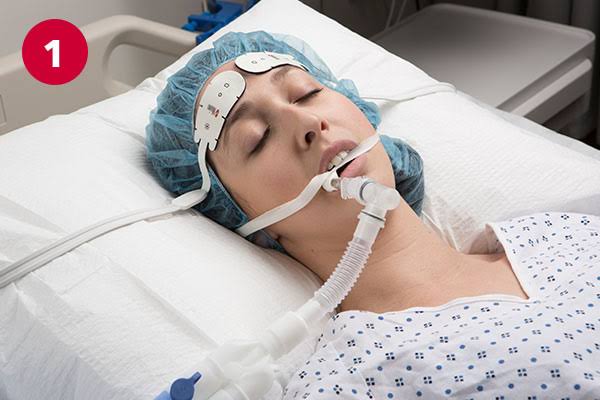On Tuesday, the United Nations Children’s Fund (UNICEF), together with IHS Nigeria and the governments of Canada and Norway, officially opened and handed over a new medical oxygen plant to the Kano State Government. The plant is located at the Muhammadu Buhari Specialist Hospital.
Mr. Dapo Otunla, Vice President of IHS Nigeria, spoke on behalf of the company’s CEO. He said the oxygen plant is part of a national project to improve the supply of medical oxygen to hospitals.
He explained that the plant uses modern technology to produce oxygen and will help save the lives of newborn babies and children who have trouble breathing.
“This project began with a partnership we made with UNICEF in 2022,” Otunla said. “It aims to improve oxygen supply for treating pneumonia, COVID-19, and other breathing problems, especially in babies and pregnant women.”
He added that, so far, nine oxygen plants have been installed in different Nigerian states, including Rivers, Bauchi, Kaduna, Ebonyi, Cross River, Yobe, and Kano.
Otunla said the plants started working in March 2024 and have already produced over 103,000 litres of oxygen. They serve between 1,500 and 2,500 patients every month.
He also said that the programme included training for healthcare workers so they can safely and effectively give oxygen therapy to patients.
“At IHS Nigeria, we care deeply about sustainability and making a positive impact on society,” Otunla said. “This project not only strengthens hospitals but also shows how working together can help achieve better health for all.”
He also mentioned that IHS Nigeria recently repaired the damaged Digital Park in Kano and said the oxygen plant shows the company’s strong commitment to helping people.
Earlier, Mrs. Wafaa Sa’eed, the UNICEF Representative in Nigeria, thanked IHS Nigeria, and the governments of Canada and Norway for their support.
She said that oxygen is essential for saving lives and that the new plant will help children and others who need urgent medical care.
“This project is amazing not only because it helps with health, but also because it runs on solar energy,” she said. “With climate change and rising fuel prices, using solar power makes it more reliable and better for the environment.”
She praised the Kano State Government for showing strong leadership in health and education. She said that investing in people is the key to long-term progress.
She also promised that UNICEF and its partners will continue to work with other governments to bring this kind of project to more states.
The Kano State Commissioner for Health, Dr. Abubakar Labaran, also thanked UNICEF and its partners for their support.
His representative, Permanent Secretary Aminu Bashir, said the state government is committed to making healthcare better for its people.


